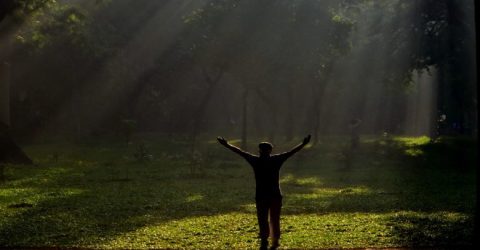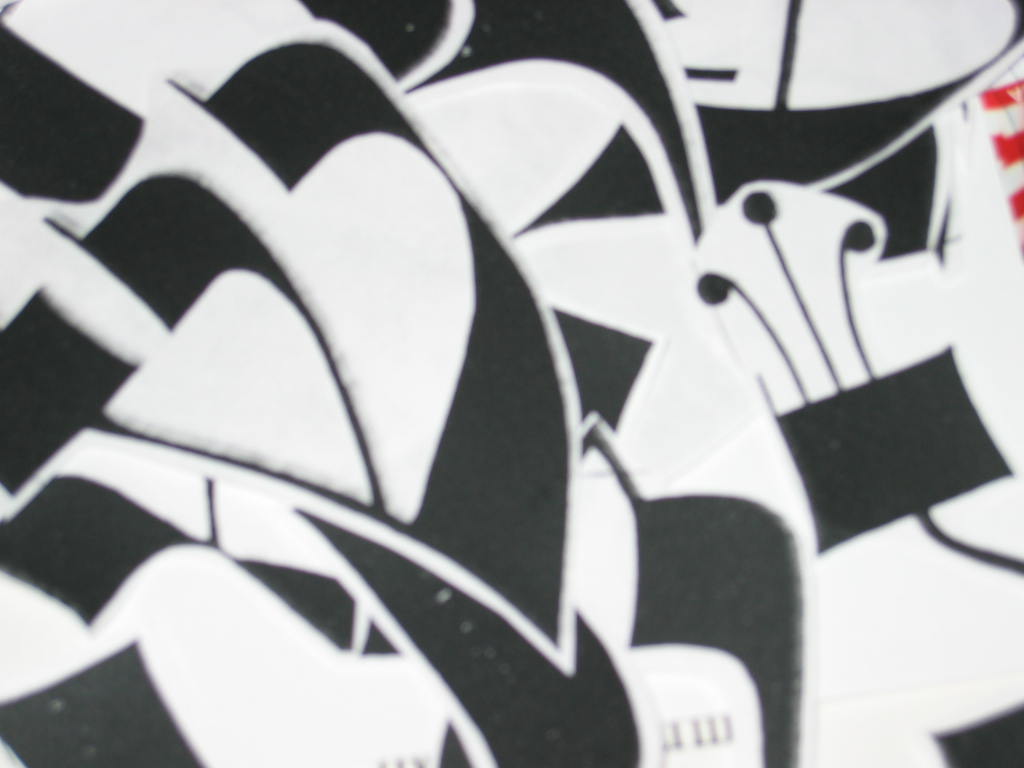by Jim Tull
I recall a Buddhist parable involving a stick that appears from a distance to be a snake, causing fear to rise in the perceiver. As the perception shifts upon closer examination, the fear subsides and the relieved hiker continues down the path. Understanding and awareness have a lot to do with how we feel and how we act. As hosts to the dominant cultural mindset (our collective understanding of who we are in the universe), our minds play a critical part in both perpetuating our dominant way of life and also in shifting away from it. And so it’s just possible that I have performed no greater service in my three decades of activism than to simply challenge myself and others to consider the possibility that the social systems that support us and we sustain are inherently incapable of meeting basic human needs and that we must make a fresh start, in a sense, if we are to survive this century and prosper thereafter.
These systems are the largely invisible, cyclical patterns of interaction among and within society’s individuals, institutions and principalities. They include small town school systems all the way out to our globalized economic system and to the mother of them all, our globalized monoculture. You need to perceive the stick as a stick before you can confidently move on, and this consideration is a critical step in transforming the way we live.

